Many critics of US President Donald Trump’s tariff policies highlight their cost to consumers and the disruption they cause in global markets. However, these tariffs may serve another purpose: they could help shift American diplomacy away from failed military interventions and toward market-based incentives. Trump’s tariff regime, which targets 86 countries, appears to offer an alternative to the heavy reliance on force that has defined US engagement in global affairs, especially in the Middle East, for decades.
During a recent visit to the Gulf, Trump promoted this new approach. He revived the Abraham Accords, initially brokered by his administration in 2020 to normalize relations between Israel and several Arab states, at the US-Saudi Investment Forum in Riyadh. In his speech, he framed the Accords as a potential foundation for deeper regional cooperation. Shortly after, he pledged to ease sanctions on Syria and “give them a chance” to rebuild, signaling a shift from punishment to conditional engagement. By promoting trade-based incentives, Trump positioned tariffs as tools to influence behavior without resorting to military force. This remodeling of US diplomacy through trade could usher in a new era of American foreign policy.
The cost of military overreach
US reliance on military power in the Middle East has yielded devastating results. The war in Iraq led to an estimated 600,000 civilian deaths. In Syria, sweeping sanctions contributed to widespread civilian suffering while failing to produce meaningful political reform. Attempts to impose regime change and democratic systems from the outside only deepened instability and weakened American credibility in the region.
Rather than abandoning the region, the United States can adopt a more restrained, interest-based diplomacy. Trump’s proposed use of tariff relief fits this model. He has emphasized voluntary cooperation over coercion and offered clear, economic incentives in exchange for tangible steps toward peace and reform. This method could help stabilize Gaza, contain Iran’s nuclear ambitions and curb Turkish President Recep Tayyip Erdogan’s increasingly aggressive policies in the eastern Mediterranean.
Trade for stability
Conditional tariff relief encourages governments to adopt more constructive policies through mutually beneficial economic deals. The United States could offer such relief to Middle Eastern governments that meet specific benchmarks, including:
- Documented efforts to resolve internal or cross-border conflicts
- Participation in bilateral or multilateral peace initiatives
- Tangible improvements in governance
The Abraham Accords provide a precedent. Now in their fifth year, the agreements demonstrate how voluntary cooperation and shared economic interests can advance peace. Israel and the United Arab Emirates have signed trade deals worth billions of dollars. In 2023 alone, over one million Israelis visited the UAE, reflecting the normalization of ties.
Morocco’s High Atlas Foundation partnered with Israeli firms during the 2020 regional resource crisis, focusing on sustainable agriculture and climate technologies. Bahrain also signed agreements in the fintech and cybersecurity sectors to promote cross-border cooperation. In 2023, all four participating countries expanded the Accords to include defensive collaboration on cybersecurity.
Trump’s decision to revive the Abraham Accords at the US-Saudi forum marked a symbolic return to this strategy. He stated that Saudi Arabia would join “on their own time,” signaling a preference for voluntary alignment rather than coercion.
Trade as leverage, not charity
Tariff diplomacy works because it trades tangible benefits for concrete actions. This approach gives Washington leverage. It can reward diplomatic overtures from adversarial states like Iran or authoritarian-leaning allies like Turkey without endorsing their broader political agendas.
Consider the case of Israel and its Arab neighbors. While trade alone cannot resolve the Gaza conflict, robust economic ties may motivate Israel to reduce military escalation to protect those partnerships. The continued growth of Israeli-Arab commerce indicates mutual interest in avoiding renewed violence.
Reducing regional tensions would also save significant resources for the US. Military interventions cost billions annually, whereas tariff-based diplomacy requires fewer commitments while maintaining influence.
Tariff diplomacy also challenges China’s growing presence in the Middle East. In the late 1990s, the United States launched the Qualifying Industrial Zones (QIZ) initiative in Jordan and Egypt. Under QIZ, goods partially produced by Israel entered the US market tariff-free. This policy boosted exports to over $1 billion by 2004. It also promoted regional integration, offering a counterweight to China’s Belt and Road Initiative (an initiative to develop two trade routes connecting China to the rest of the world). Such market-oriented incentives earned trust by delivering measurable gains. If Trump continues to adhere to this realist approach, it could enhance the American credibility lost from the previous administration.
Critiques and obstacles
Some critics argue that offering economic incentives to adversaries rewards bad behavior, but cutting off negotiation carries greater risks. Keeping talks open preserves leverage and creates opportunities for progress that isolation cannot achieve. For example, thanks to US-imposed sanctions, Iran has continued to devalue its currency and adjust economically, but it is still refusing to make significant policy concessions. However, talks between US and Iranian officials began in Oman last month, with sanction relief being a crucial bargaining tool in securing a nuclear agreement.
Turkey, by contrast, has drifted further from democratic norms. President Erdogan’s government recently arrested Istanbul’s opposition mayor, Ekrem İmamoğlu, sparking widespread protests and international outrage. Security forces detained more than 1,900 demonstrators, and the state continues to deport journalists covering the uprisings. Erdogan’s refusal to acknowledge international condemnation reveals the limits of external pressure. However, tariff diplomacy could offer a pathway to reward genuine reform if Ankara reconsiders its current course.
In Israel, calls for a ceasefire in Gaza have gained little traction. According to recent polling, 66% of the Israeli public rejects American demands to reduce airstrikes, signaling a divergence in Israeli public opinion and US policy preferences. Additionally, Trump’s recent overtures in the Gulf suggest a shift in the relationship between the US and Israel, despite his earlier support for Israeli Prime Minister Benjamin Netanyahu. That shift reflects a recognition that diplomatic leverage now depends more on economic ties than on blanket political alignment. By focusing on trade, Trump signals that the United States can support Israel while also advocating de-escalation through incentives.
A realist path forward
Tariff diplomacy does not promise quick fixes. It offers a tool to encourage reform through voluntary and mutually beneficial engagement. Conditional rewards like market access and industry cooperation can nudge governments toward dialogue and away from confrontation. These incentives could pressure Israel to ease its campaign in Gaza, encourage Turkey to realign with NATO principles and give Iran a clear path toward reintegration.
This strategy does not equate to appeasement. It insists on reciprocal action. Governments must meet defined benchmarks to access benefits. Trump’s approach highlights a broader shift in US policy: peace and influence do not require domination but rather smart bargaining.
Lasting peace in the Middle East will not come cheaply, but if the United States can trade wisely, it may not have to pay in blood or billions.
[Kaitlyn Diana edited this piece]
The views expressed in this article are the author’s own and do not necessarily reflect Fair Observer’s editorial policy.
Support Fair Observer
We rely on your support for our independence, diversity and quality.
For more than 10 years, Fair Observer has been free, fair and independent. No billionaire owns us, no advertisers control us. We are a reader-supported nonprofit. Unlike many other publications, we keep our content free for readers regardless of where they live or whether they can afford to pay. We have no paywalls and no ads.
In the post-truth era of fake news, echo chambers and filter bubbles, we publish a plurality of perspectives from around the world. Anyone can publish with us, but everyone goes through a rigorous editorial process. So, you get fact-checked, well-reasoned content instead of noise.
We publish 3,000+ voices from 90+ countries. We also conduct education and training programs
on subjects ranging from digital media and journalism to writing and critical thinking. This
doesn’t come cheap. Servers, editors, trainers and web developers cost
money.
Please consider supporting us on a regular basis as a recurring donor or a
sustaining member.
Will you support FO’s journalism?
We rely on your support for our independence, diversity and quality.


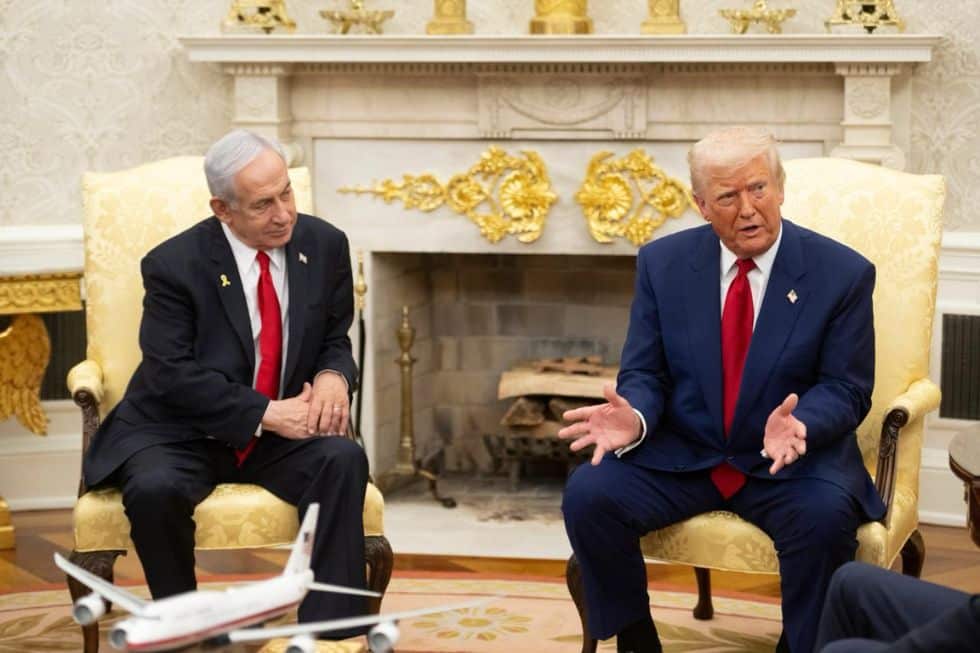
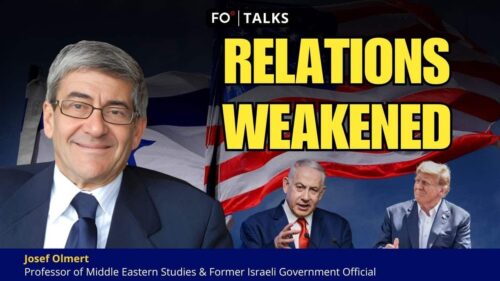
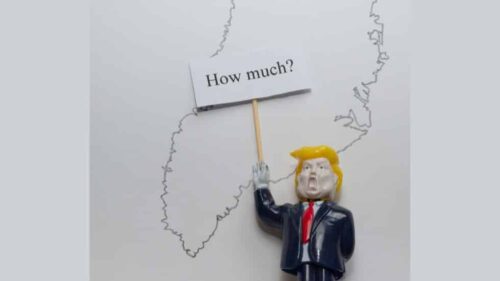
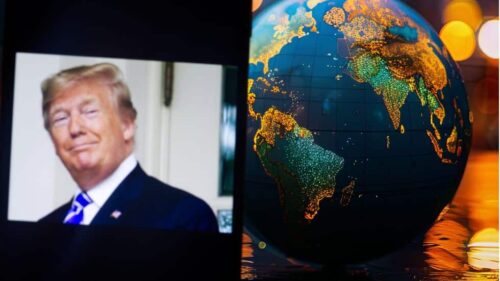
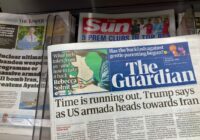




Comment